Refreshingly, children don’t overthink kindness.
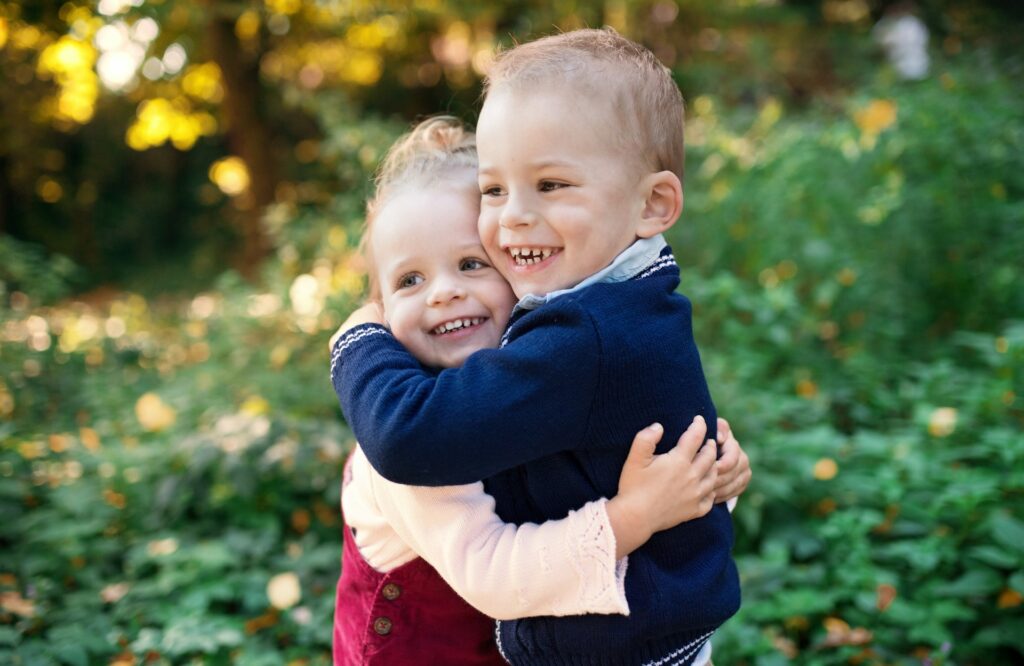
They don’t wait for the perfect moment or wonder if it’s awkward to help; they just act. And while adults often complicate compassion with pride, fear, or distraction, kids remind us how simple and powerful it can be. Here are some of the beautiful ways children quietly show us what kindness really looks like and how we can bring more of it back into our own lives.
1. They give without expecting anything back.

Whether it’s sharing a snack, handing over their favourite sticker, or offering a drawing they made, kids often give freely. They’re not calculating what they’ll get in return or weighing up whether the gesture is “worth it.” That pure kind of giving reminds us that not everything has to be transactional. Sometimes doing something nice just because it feels right is more than enough.
2. They include other people without hesitation.
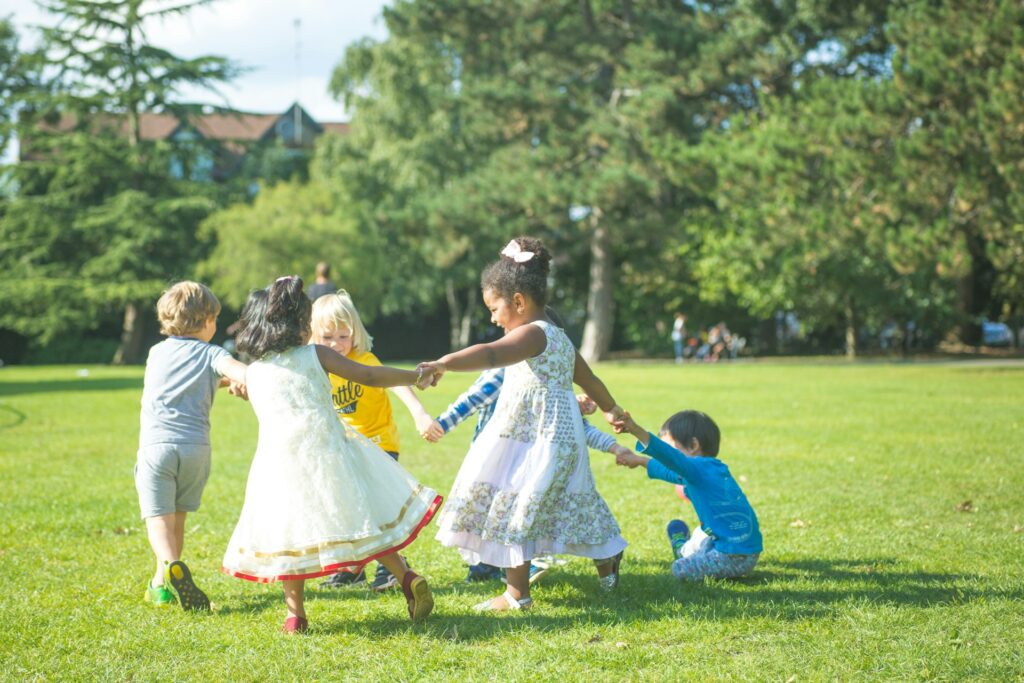
If they see someone standing alone, kids are often the first to say, “Do you want to play?” They don’t need to know your whole backstory; they just see someone who might need a friend. It’s a reminder that inclusion doesn’t need to be a big production. Noticing someone and choosing to bring them in, even in a small way, can change their whole day.
3. They’re quick to forgive.

Kids can have a falling out and be back to playing together five minutes later. They don’t hold onto resentment in the same way adults do. A simple “sorry” often goes a long way. They show us that forgiveness doesn’t have to mean forgetting—but it can mean letting go sooner. Holding grudges costs more than it gives, and kids seem to know that instinctively.
4. They offer comfort in simple ways.
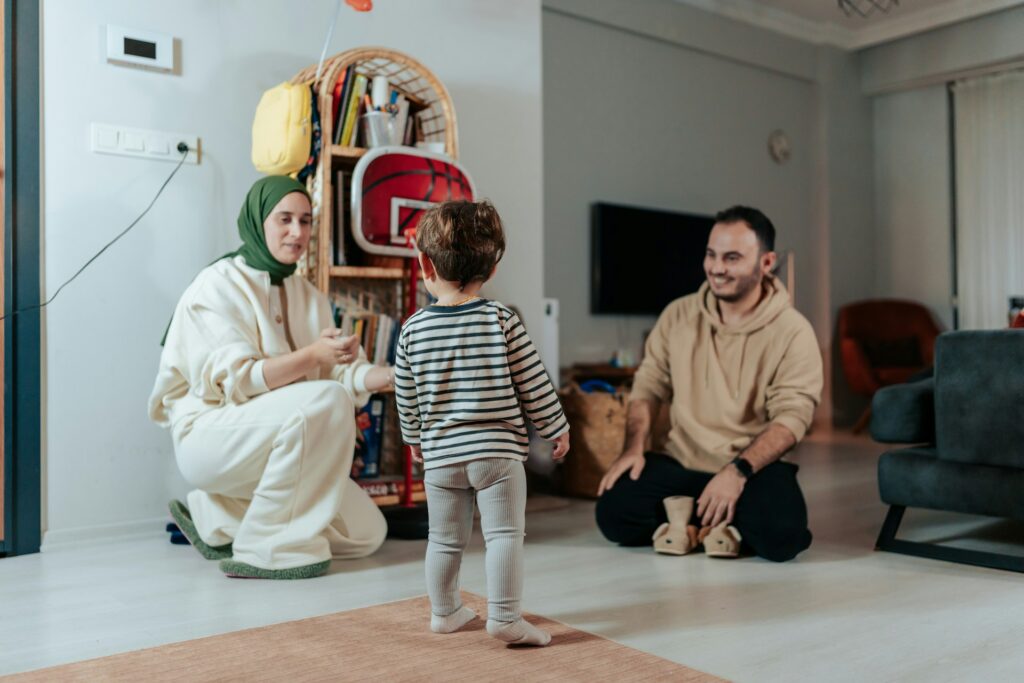
When someone’s upset, a child might offer a hug, a toy, or even just sit quietly nearby. They don’t always have the right words, but their instinct is to be close and present. That natural empathy shows that comfort isn’t about fixing things. It’s about being there, even awkwardly, in someone’s hard moment. Presence often matters more than polish.
5. They say what they feel.
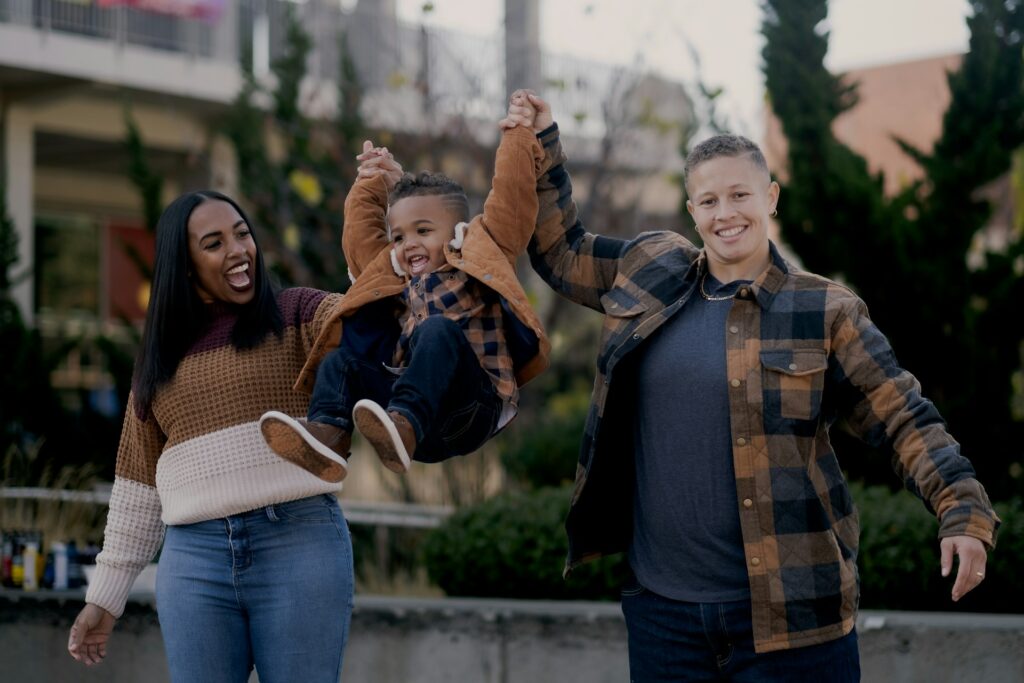
“I like your hair.” “You’re my best friend.” “You’re funny.” Kids hand out compliments without worrying if they’ll sound weird or over-the-top. When something nice pops into their heads, they say it out loud. It’s a gentle reminder that if we think something kind, we should probably say it. Words that feel small to us might land in a big way for someone else.
6. They ask questions instead of making assumptions.
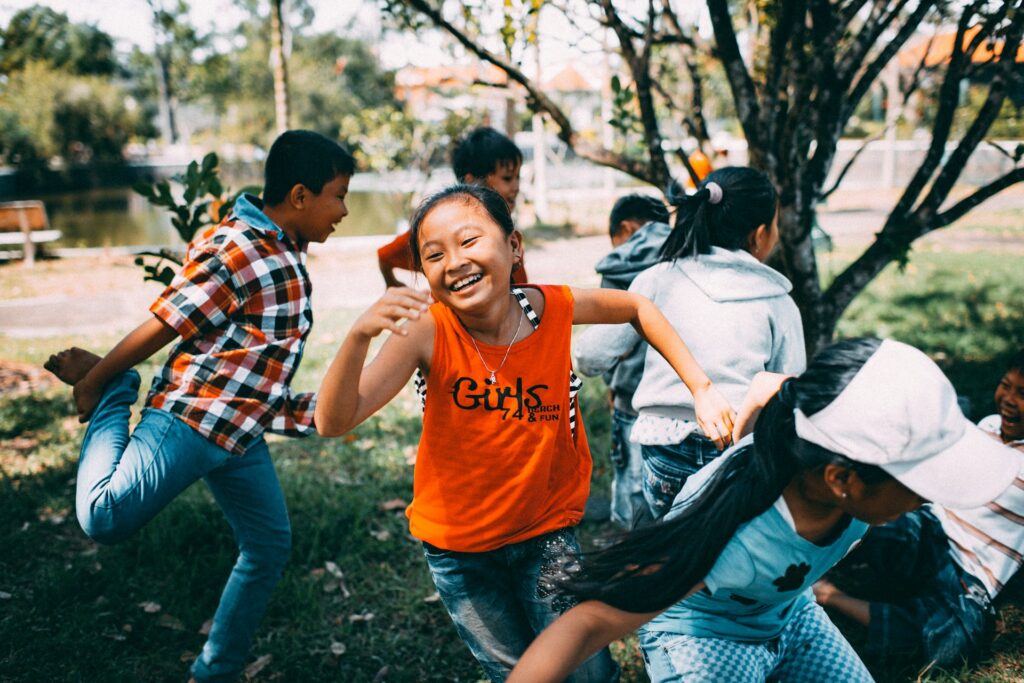
Kids are curious. They don’t always understand something, but their first instinct is to ask about it, not judge it. They want to know why someone’s different, not label them for it. That openness makes space for understanding. Instead of jumping to conclusions, we could all benefit from leading with questions instead of criticism when we’re unsure.
7. They show joy when other people are happy.
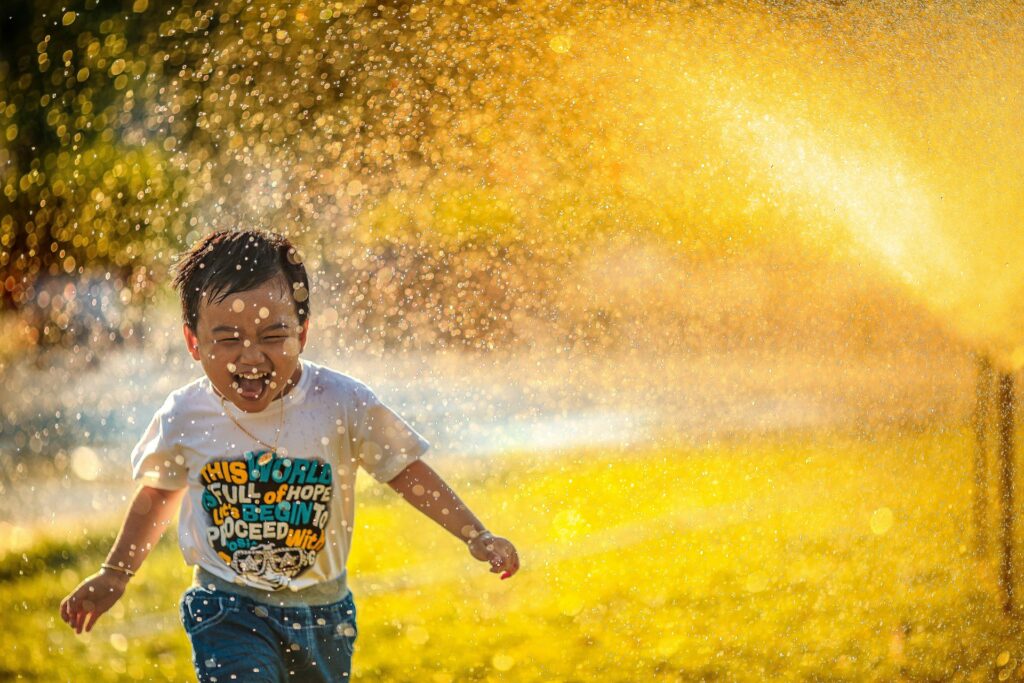
When a friend gets a sticker, a turn on the swing, or a gold star, most kids celebrate right along with them. There’s no jealousy—just shared excitement. Their happiness for other people isn’t forced. It’s genuine. That ability to feel joy for someone else’s wins is a form of kindness we sometimes lose as adults. Learning to cheer for everyone without comparison is something we could all use more of.
8. They apologise without overcomplicating it.
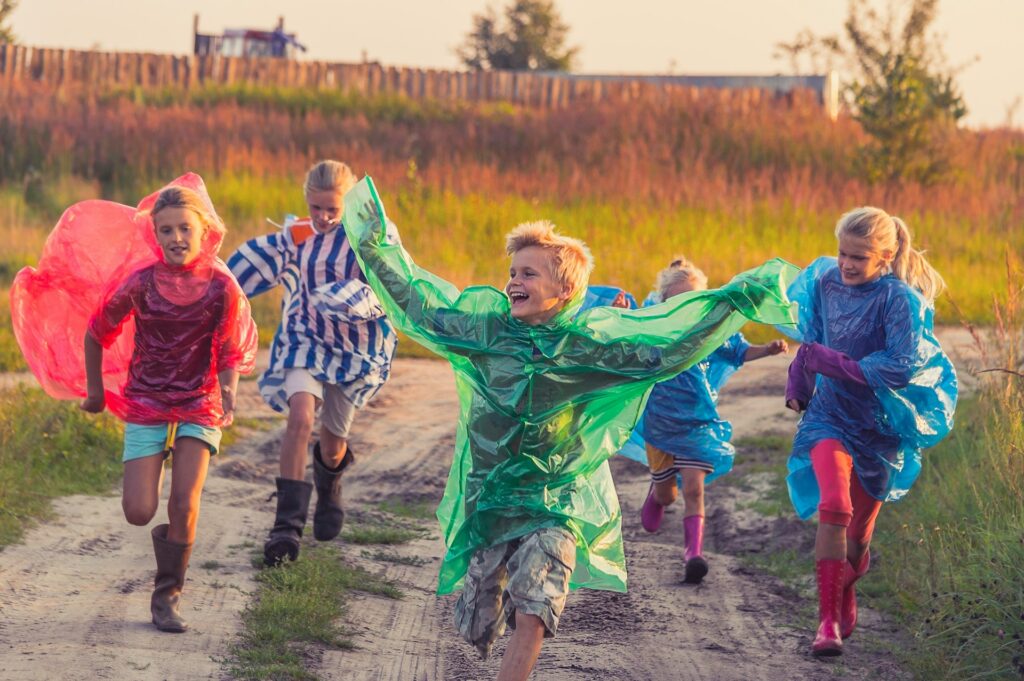
“I’m sorry.” That’s it. Kids rarely add layers of defence or try to justify their behaviour. When they realise they hurt someone, they just say sorry and try to move on better. It’s a refreshing approach. No ego, no over-explaining—just accountability and a willingness to reconnect. Adults often make apologies messier than they need to be.
9. They don’t hold back their affection.
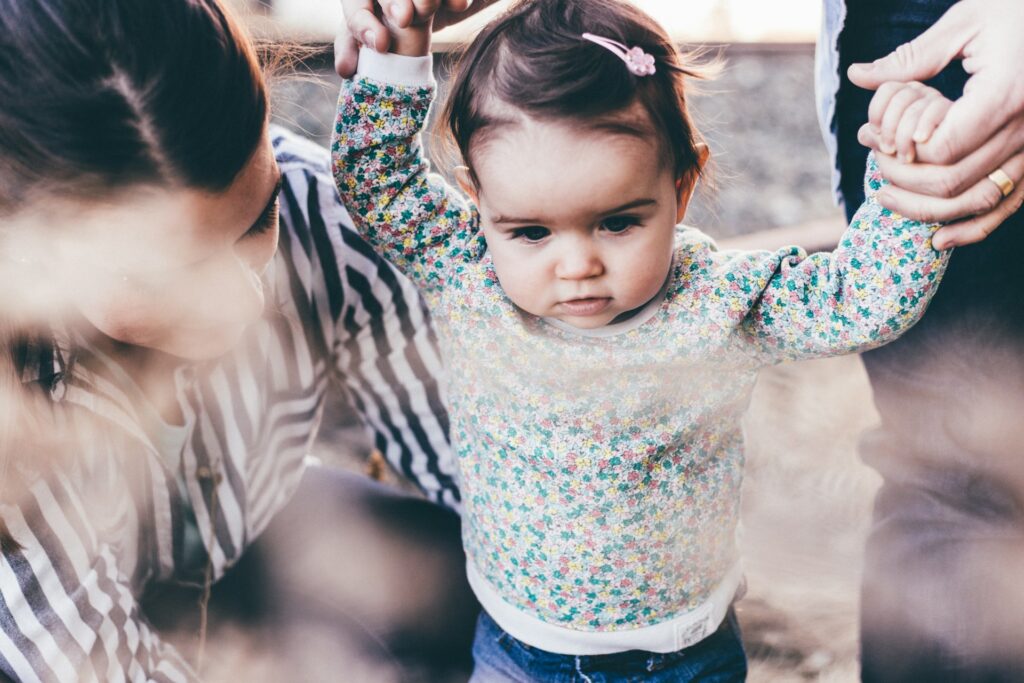
Kids don’t worry if a hug is too much or if their excitement will be misread. When they care about someone, they show it—often through touch, words, or bright-eyed energy that’s impossible to ignore. It reminds us that expressing love or appreciation shouldn’t be awkward. Showing someone they matter doesn’t require perfect timing; it just needs sincerity.
10. They notice when someone’s left out.
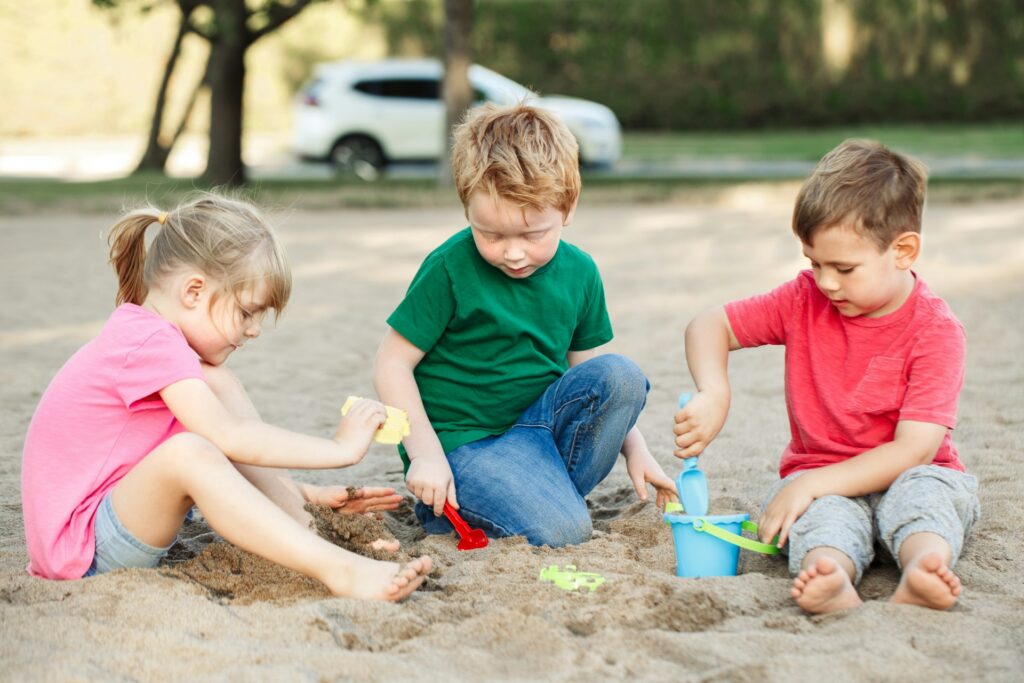
In a group setting, kids often pick up on who’s not joining in. They might pull someone into the game or walk over to check if they’re okay. That kind of social awareness often comes from a raw sense of fairness. Adults can get so caught up in their own world that they forget to look around. However, noticing who’s missing and taking small steps to include them is kindness at its most impactful.
11. They help without needing to be asked.
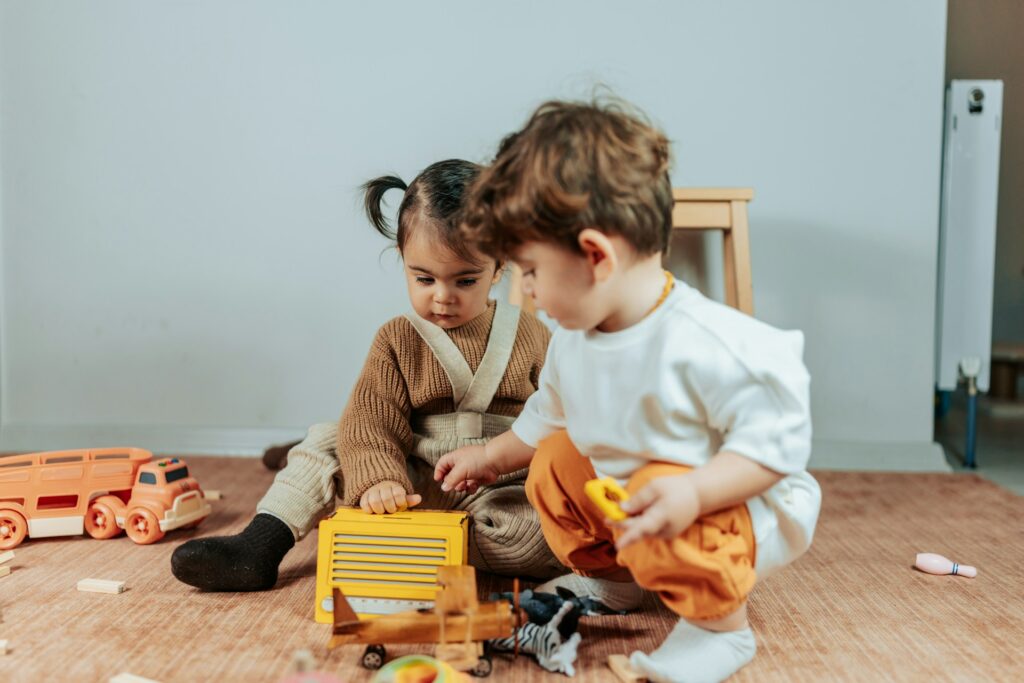
Whether it’s handing someone a dropped item or offering to carry something heavy, kids often jump in to help without a second thought. They don’t pause to calculate whether it’s “their job.” That kind of everyday helpfulness reminds us that kindness isn’t always a grand gesture. It’s the little moments where we see a need and just fill it—quietly, without waiting to be praised.
12. They forgive themselves easily.
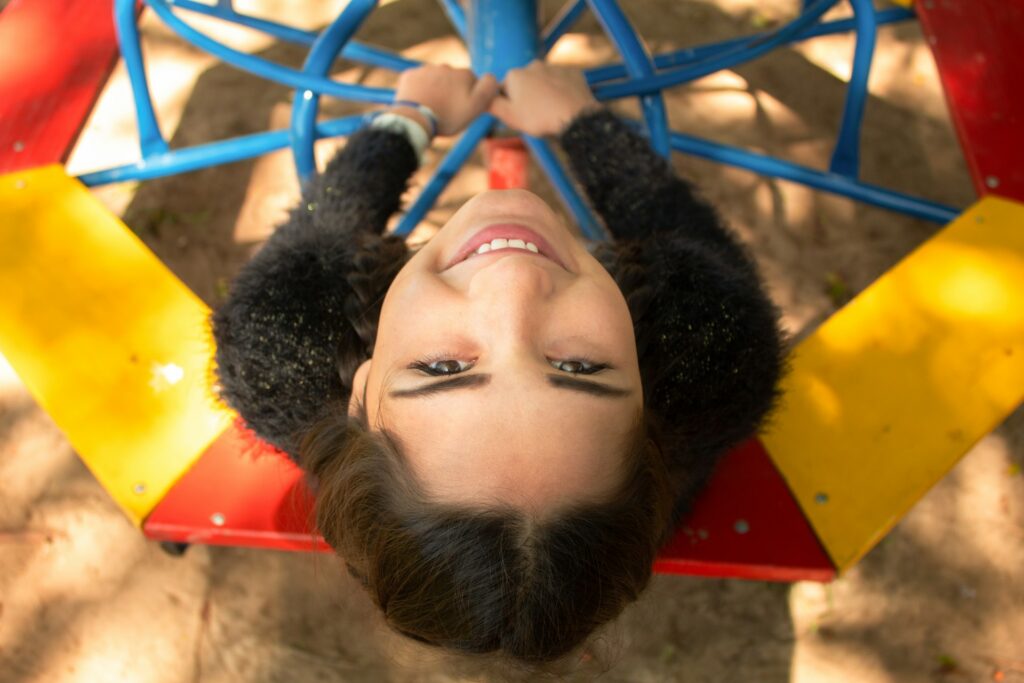
If a child spills something or makes a mistake, they usually don’t spiral into shame. They might cry, get frustrated, and then move on. They don’t dwell in self-blame the way adults often do. That ability to reset is an underrated form of kindness—to yourself. We forget that self-compassion is just as important as how we treat other people. Kids show us that making a mistake doesn’t mean you stop being worthy of care.


